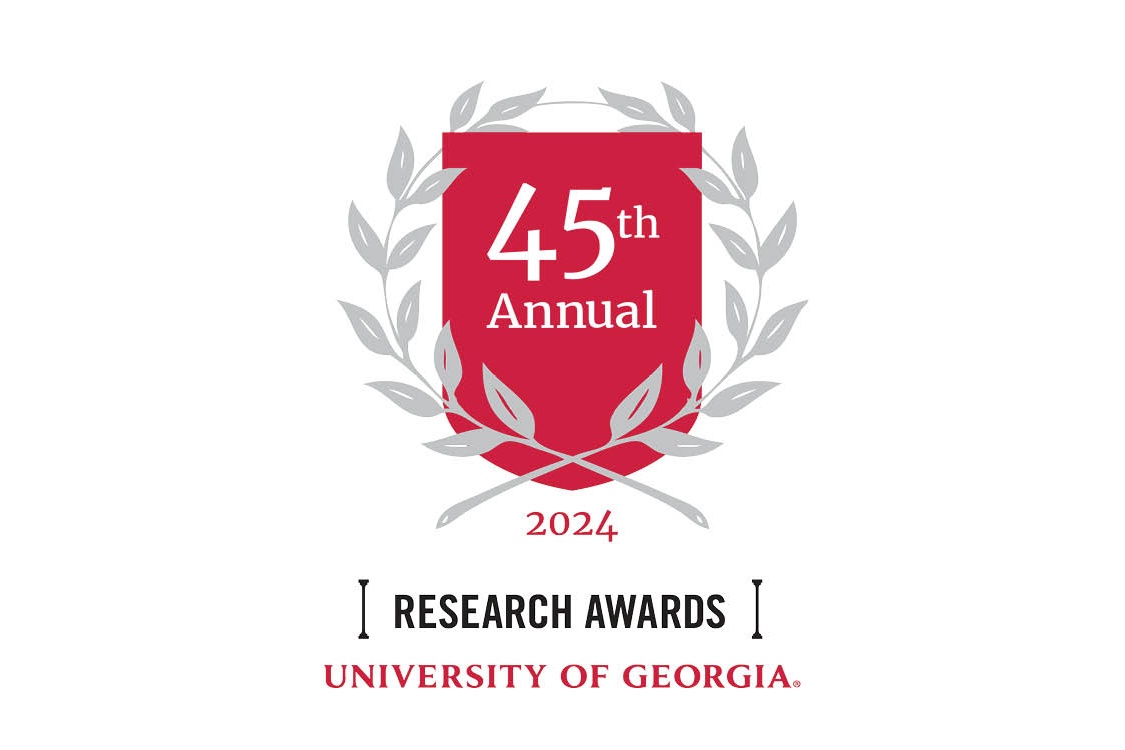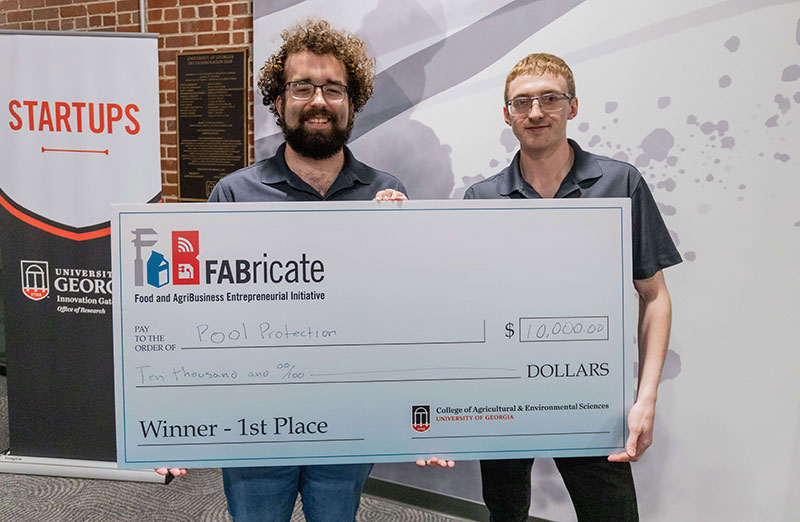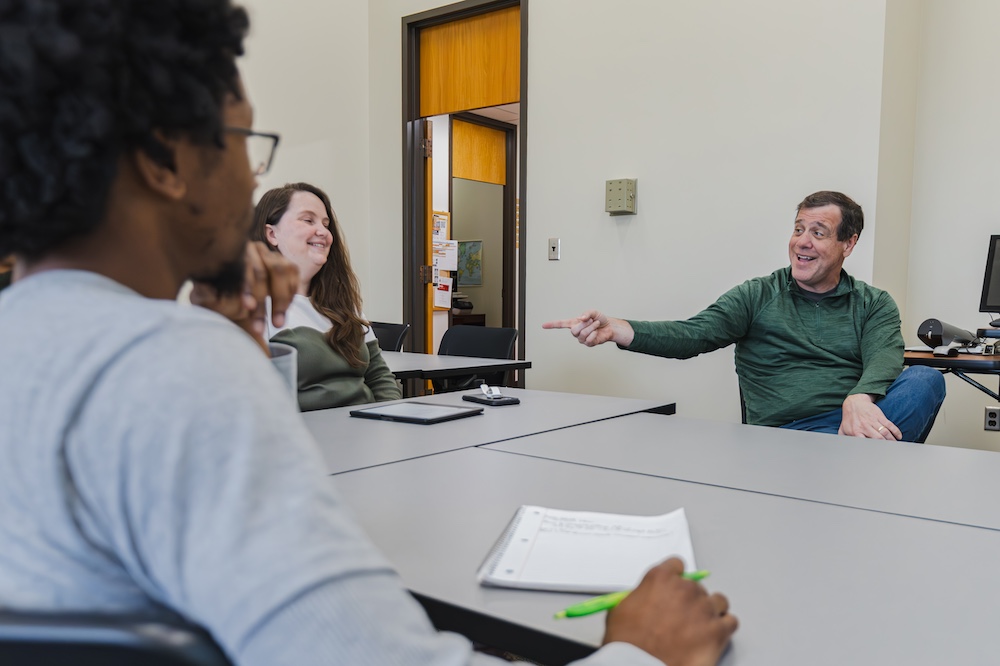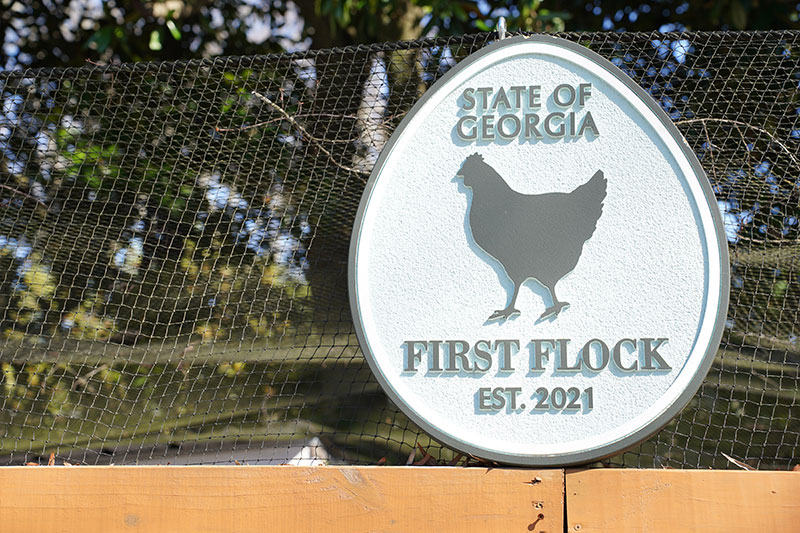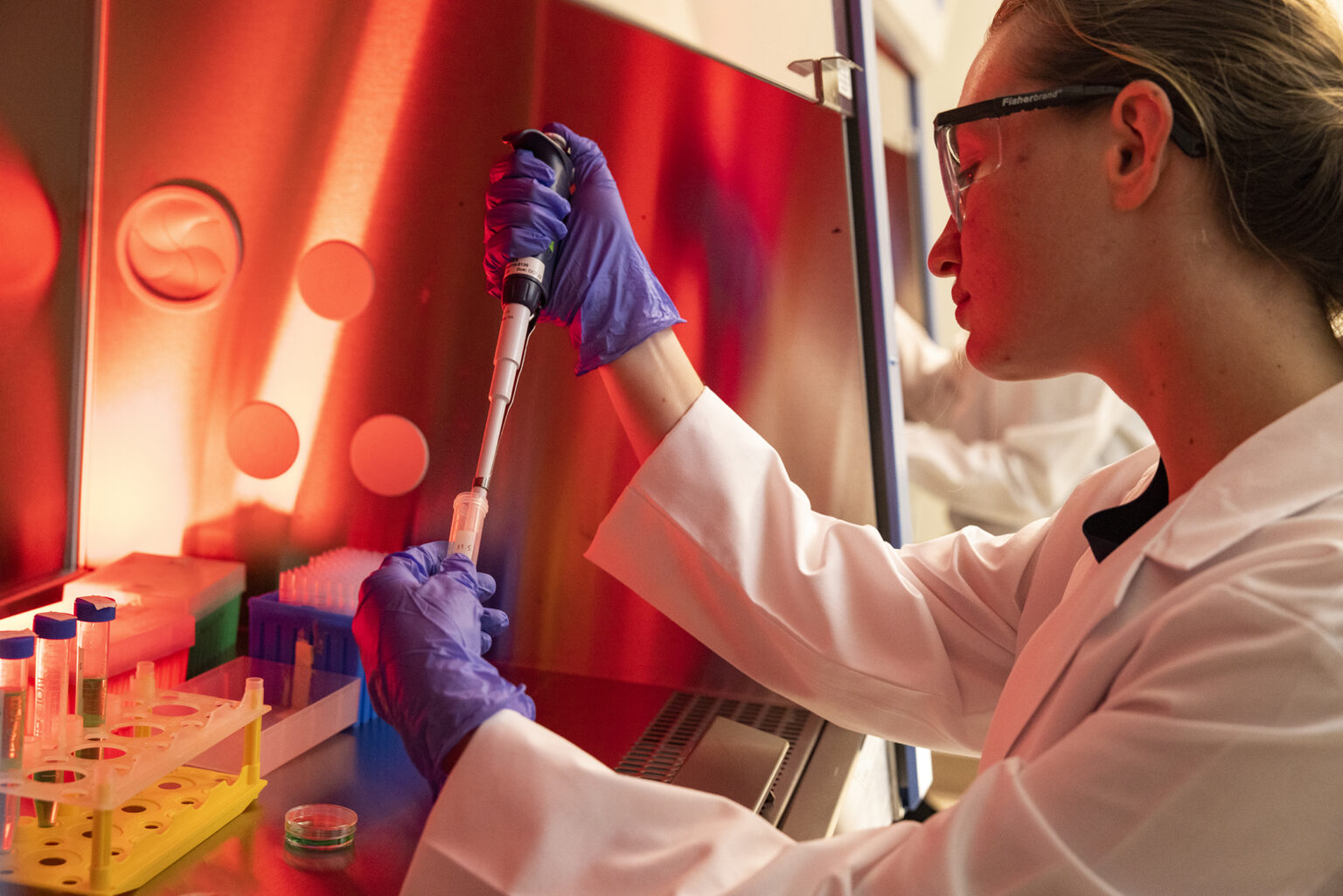Claudia Dunkley’s colleagues at the University of Georgia help the state’s poultry farmers grow chickens more efficiently. Dunkley helps them handle one of the industry’s biggest, and often underappreciated, byproducts – chicken litter.
For the past seven years, Dunkley has conducted Extension and applied research as a poultry scientist in the UGA College of Agricultural and Environmental Sciences. In addition to studying the use of poultry litter on Georgia crops, her research included quantifying the carbon footprint of poultry farms.
According to the Georgia Poultry Federation and the UGA Center for Agribusiness and Economic Development, poultry production in Georgia has a $38 billion economic impact and provides jobs to more than 100,000 Georgians. Americans love chicken, but 20 percent of the chicken produced in Georgia ends up on dinner tables in countries like China and Mexico.
“We do produce a whole lot of chickens in Georgia. Over the past 40 years, the amount of chicken Georgia farmers produce annually has more than tripled,” said Dunkley, who’s based on the UGA campus in Tifton. Georgia produces 1.4 billion meat-type chickens and 300 billion table eggs a year, making it the largest poultry-producing state in the U.S.
Along with producing an invaluable source of protein for people across the globe, the poultry industry in Georgia produces about 2 million tons of valuable poultry litter. Chicken litter includes both bedding material and bird excreta.
“We have the most chickens, so we have a lot of litter. Litter is a valuable resource for farmers. The excreta is nutrient-rich and is highly sought after by farmers for use as a natural fertilizer on both pastures and cropland,” she said. “Spread over agricultural land, poultry litter provides a source of nutrients, organic material and adds humus.”
Proper use of litter or any fertilizer is extremely important. This is where Dunkley’s Extension work comes into play. She and her UGA colleagues provide farmers and UGA Extension agents with best management practices and nutrient management plans to assure litter is used in the best possible way to promote plant growth and to protect the environment, she said.
Dunkley said adding litter to pastures over time can improve the soil’s ability to retain and hold moisture, thus reducing runoff and erosion. Litter may also help increase the carbon in the soil and other micronutrients, increasing the soil’s fertility and productivity, she said.
“Many Georgia farmers who use poultry litter say they have better yields using poultry litter as compared to commercial fertilizer and, at present, litter is much cheaper than chemical fertilizer,” Dunkley said.
The nutrients found in chicken litter are valuable. The nitrogen, phosphorous and potassium in a ton of litter is worth about $80, Dunkley said.
Whether it’s commercial fertilizers or chicken litter, farmers want the nutrients they pay for to be fully utilized by their pastures and crops. “And, farmers want to prevent nutrients from either litter or conventional fertilizer from getting into streams, rivers and lakes,” she said.
There’s a high demand for poultry litter, especially in south Georgia, where farmers pay to have litter shipped to them from poultry farms in north Georgia. Selling poultry litter to other farmers provides added income to poultry farmers.
Poultry litter can be applied to pastures, forestland, used along highways, on cotton fields and on other row crops. “Of course, we discourage the use of poultry litter, or any type of manure, on vegetable crops because of concern about food safety,” Dunkley said.
By studying the application of poultry litter to farmland and working closely with Georgia poultry producers, Dunkley helps maintain a balance between the use of a valuable byproduct and a healthy environment.
“All farmers are environmentalists at their core. All I do is make sure they have sound, research-based information to manage their litter and have the positive impact on soil and water quality they all desire,” she said.




